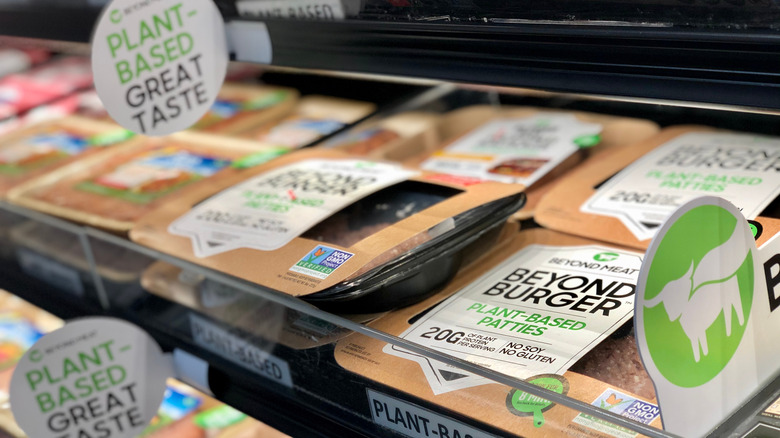Study Says Plant-Based Alternatives Could Reduce Emissions By 31%
While research has already delved into how meat significantly contributes to greenhouse emissions, it seems we now have concrete numbers on how not eating meat — and other animal products — may help the environment. A recent study shows that replacing 50% of global animal-based milk and meat with plant-based alternatives could reduce greenhouse emissions by 31%.
Published by Nature Communications, the study examined the effects of global plant-based food substitutions using a complex environment and economics simulation called the Global Biosphere Management Model (GLOBIOM). Starting with a reference simulation where animal product consumption progressed at the currently projected rate, the researchers studied the potential effects of gradually increasing more and more plant-based substitutions into the global diet across the span of 2020 to 2050.
When compared against the reference simulation, the substitution simulations showed significant improvements to various global factors across the board. According to the figures, even a 25% substitution would have a sizable positive impact on food prices, land restoration, and biodiversity. A 50% substitution would — in addition to the 31% emission decrease — almost halt deforestation altogether, more than halve the projected biodiversity loss, and decrease water use instead of increasing it. Finally, the 90% substitution simulation showed the greatest amount of impact overall. However, the study noted that substitution rates above 50% had diminishing returns on deforestation reduction and CO2 emissions from land use.
The plant-based meat industry might not be able to keep up
The unfortunate part is that, as it currently stands, the plant-based meat industry is struggling to stay afloat. Within a week of the study's publication, two plant-based startups shuttered due to decreasing demand and inability to generate revenue. Even worse, the two companies were just the latest casualties in a series of shutdowns, bankruptcies, layoffs, and continuing sales decreases in the industry. The combination of food price inflation and price disparity to regular meat — as well as gradual loss of consumer faith — has had consumers reaching for alt-meat products less and less.
While the authors of the Nature Communications study argued that a 50% substitution by 2050 is a realistic goal to implement, the current reality of plant-based meat isn't looking too encouraging. With investor interest as well as product sales drying up, the alt-meat industry needs to reach price parity and production efficiency soon in order to successfully compete with animal meat. The good news is that some countries like France are already close to alt-meat price parity— hopefully, the global plant-based industry will be able to survive long enough to cross the finish line on affordability and make the comeback this planet needs.

